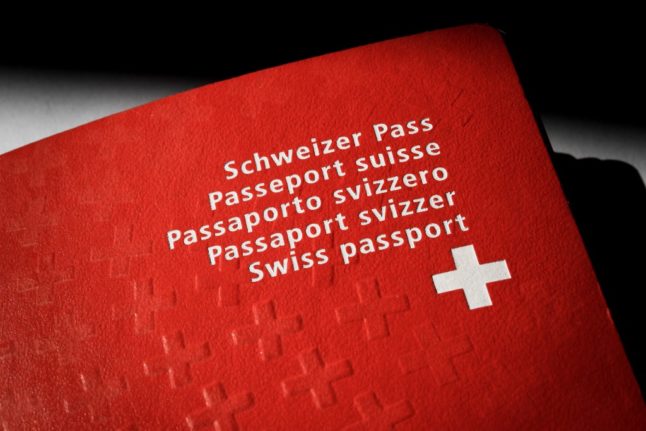Switzerland’s naturalisation process is one of the toughest in Europe due to a variety of federal, cantonal and communal rules.
While these rules place significant restrictions on who can actually become naturalised, even those who are eligible can in some cases be reluctant to do so.
READ MORE: The nine most surprising questions on Switzerland’s citizenship exam
A recent assessment by the Federal Migration Commission (FKM) shows that only a fraction of those who are eligible use this option.
One of the reasons, according to FKM director Walter Leimgruber, is that many migrants are EU nationals who feel no need to become Swiss as they face almost no restrictions in Switzerland, apart from the inability to vote.
A consequence of Switzerland’s stringent nationalisation rules is that roughly 25 percent of the population cannot vote in federal or cantonal elections, while a handful of municipalities grant the right to vote on a communal level.
OPINION: Switzerland’s denial of voting rights to foreigners motivated by fear
Also, naturalisation procedures, both regular and fast-track, are complex, deterring many eligible foreigners from applying.
“The bureaucratic hurdles are still too high”, Leimgruber told Swiss news outlet 20 Minutes.
As a result, even those born in Switzerland and who have never lived anywhere else have not pursued Swiss citizenship.
EXPLAINED: Why ‘simplified’ Swiss naturalisation is actually not that simple
Have your say: Are you eligible to become Swiss but choose not to?
Whether by descent or any other reason, we want to hear from those who are eligible for naturalisation but who haven’t done so.
If you are able to become Swiss – or will soon be able to – but will not go through the process, we’d like to get to the bottom of why.
Please let us know below and click through to give us more specific information. If it is a combination of reasons, let us know the major one.



 Please whitelist us to continue reading.
Please whitelist us to continue reading.
Member comments